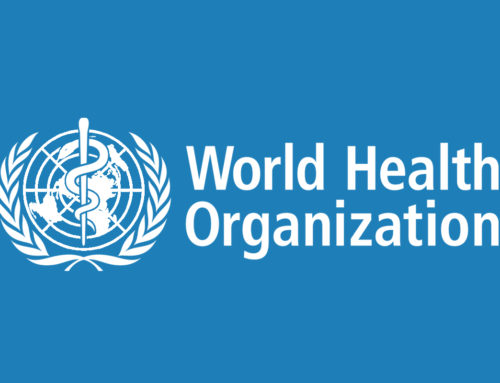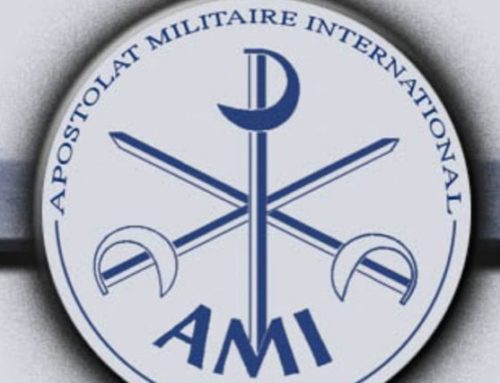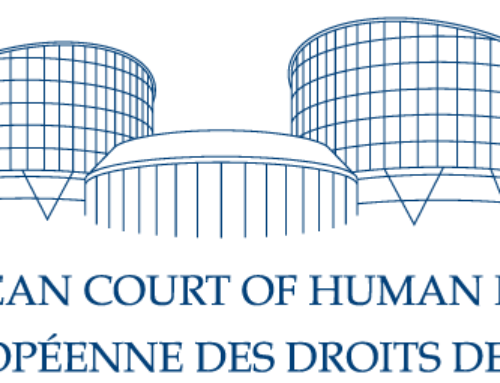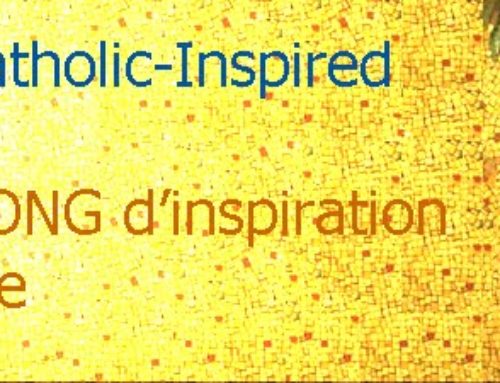Joana Castelhano (Portugal), Congress of FEAMC, Porto, October 2016
Immigration: challenges for a catholic physician / Immigration: défis pour un médecin catholique / Imigração: desafios para um médico católico
Summary / Résumé /Resumo
The arrival of large number of new immigrants with increased diversity of the country of origin has significant effects in the host country’s society, including health care organizations and health care providers. Relevant challenges in primary health care related to this include:
- Accessibility of the immigrant to health care, especially when illegally present in the country;
- Immigrant lack of knowledge of health care rights;
- Cultural differences in understanding health and in the access and usage of health care services;
- Health care provider difficulties regarding: communicating with the patient, cultural differences in health/disease and body concepts; cultural and/or religious restrictions regarding health care; physical, psychological, social and/or economic vulnerabilities, all of which resulting in immigrants being a high risk subset of the population;
- Expectations of the immigrants regarding health care system and providers, based on experiences from their native country and the cultural understandings of health and disease;
- Lack of studies characterizing the health problems of immigrants;
- Lack of training of health professionals in multiculturality;
- Inexistence of institutional support, especially regarding changes to standardized goals for physicians in “pay per performance” programs that work directly with immigrants:
- Need for changes in the health care system/policies to take into consideration the diversity of the patient:
The goal of this presentation is to describe how several of the challenges above are being addressed in a primary health care center in the periphery of Lisbon, both as a team and as an individual catholic physician (a wife and mother of 3 children).
Text /Texte/ Texto
I am a primary care physician that has worked for 6 years in Camarate, a neighborhood in the suburbs of Lisbon.
4th world “country” as you exit Portugal’s capital. The crown of thorns of the big city. Made of empovrished suburbian neighborhoods, gipsy campgrounds, and slums where shacks were partially replaced by government housing, clandestine houses that look over hills sprinkling the highway.
A sector of the Portuguese population made of the poor and elder, but keeping young with the immigrants that join us from the 4 corners of the world: people from Africa, eastern Europeans, Brazilians, Indians, Pakistanis. A mixture of languages, cultures, and religions. A daily life of poverty, illegality, drug trafficking, violence and broken families.In 2010, the health center moved to a new location and I joined the team.
With a mission to restructure primary health care, we created a family medicine practice, a new organizational model, centered in multi-professional team work, with more autonomy and with an increased responsibility in quality, personalized health care.
Our group also, by a touch of faith, a multicultural team: a spanish physician, an indian nurse, a physician of chinese and another of australian descendence…a variety of perspectives, life goals, work methods (30 of them, to be exact), but the same mission – to serve and create bounds with a population of 20,000 patients entrusted to our hands. As half of our team had already been working in this environment (some for as long as 30 years), we were well aware of the challenges facing us.
All of us hoping our work would go beyond treating acute conditions, controlling chronic disease or working in preventive medicine for vulnerable groups. Centered in each patient as a unique person, we look at individual and collective health in a multifaceted perspective, in a wholesome, integral way, interacting with all the dimensions of each person’s life – their family and friendships, their work or unemployment, their education or school absences, their poverty, social isolation.
From the beginning of our work days, we encountered a series of challenges. Life dramas that shake us to the core and that we had to learn to manage. “Those who haven’t been to Camarate, have not yet seen the real world…” says Dr Ana Raposo, our health center coordinator. A cycle of poverty in all its dimensions: cognitive deficits passed from parents to children, physicians that diagnose more cancer than flu, Hansen disease, malaria, scabies, tuberculosis, pediatric wellness appointments that turn into extensive diagnostic workups, pregnant women that don’t have enough food or can’t let go of their (sometimes too heavy) work, alcohol abuse, domestic violence, serious mental health issues diagnosed in early childhood, acute or chronic disease states that never seem to improve with treatment.
At the individual level and as a team, we have worked on these challenges, despite lack of training in cultural diversity, institutional support, cultural integration strategies/policies, physical and logistical support required for providing health care for immigrants, and lack of population specific health studies.
As a team, we care for each other, sharing perspectives, life and work experiences (sometimes with humor – which is what protects us from burnout), finding solutions, responding to our patients with a unified approach.
In the last few years, we have developed several strategies in order to:
- Improve access to health care by scheduling appointments before and after regular working hours or during the weekend (pro bono), increasing the number of house calls, seeking patients within their neighbourhoods that are constantly missing their appointments or are late in their vaccination plans, frequent contact with patients via telephone, working as family health care teams (physician, nurse, assistant).
- address challenges associated with cultural differences and language barriers/communication by spending additional time during the health care visits, involving nurses that speak the native language of the patient, translating medical brochures related to the most common diseases, developing pediatric nutritional guides adapted to the different cultures and practices.
- Develop the support network and social services to allow complete integration of immigrants into the society, by working in collaboration with government and non-governmental organizations.
- Reduce social exclusion of immigrants by learning more about their culture, values and believes, by using “cultural mediators”- which are volunteer patients that can speak both Portuguese and the patient’s language.
In 2013, we started the “Liga de Amigos”, a group of volunteers within the community with a shared interest in promoting wellness for the body and the mind. The group includes retired couples, local church volunteers, people with chronic diseases or long term unemployment, Catholic nuns living in Camarate, and the health care center´s social worker.
And there are new challenges every month, from the almost blind elderly without family support, to the illegal immigrant with a chronic condition that does not know how to initiate the legalization process, and to the child with mental health problems.
And with the challenges, there are new ideas, such as the kids’ friendly waiting room at the health center, with the addition of a children’s library (in order to promote critical early reading skills, beginning in infancy), the creation of the knitting group for women victim of domestic violence, and the ongoing collaboration with a study and food pantry program for school children within the neighbourhood.
Being a catholic physician requires much more than empathy. It requires radical acceptance of each person as an individual. It is a daily opportunity to live our mission of service to others.
We cannot solve all of our patient’s life challenges but are reassured every day that the network of care we create between us propagates to those we serve, as luminous rays of fraternity and love.









